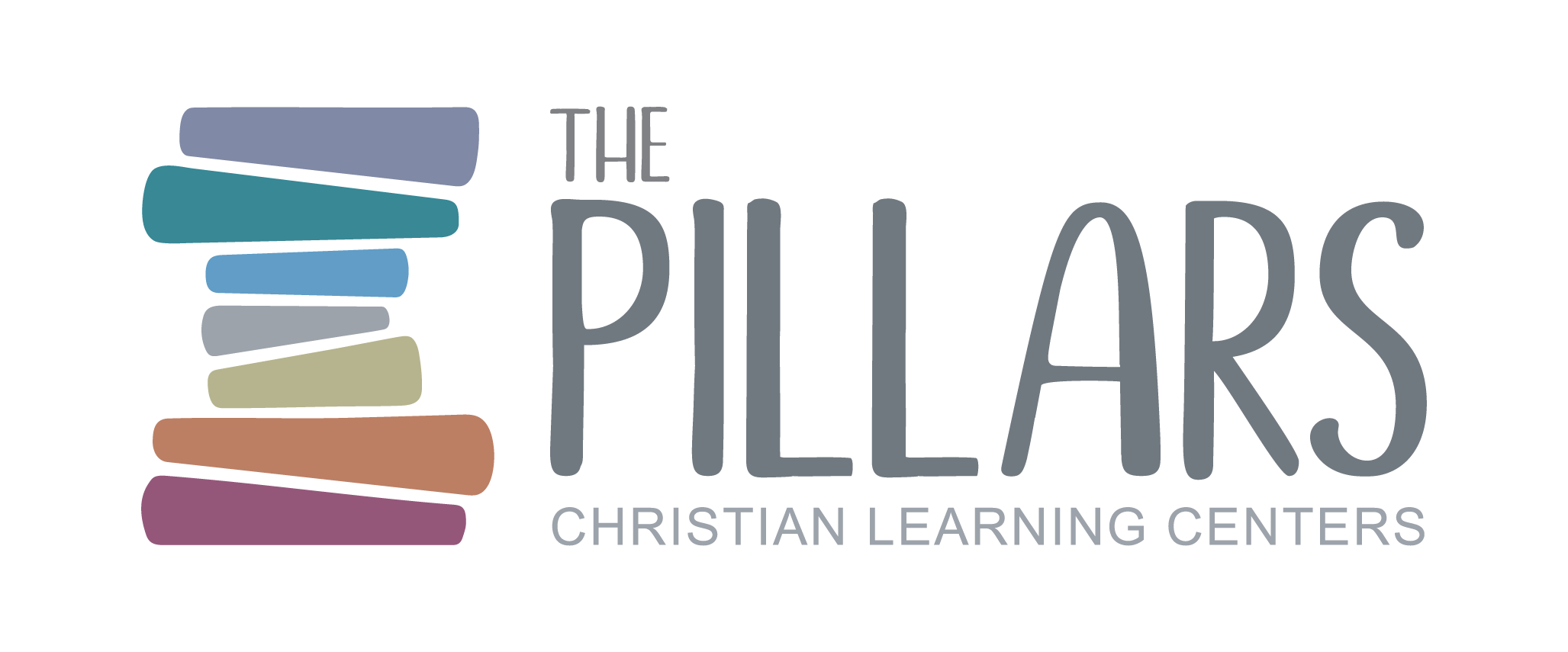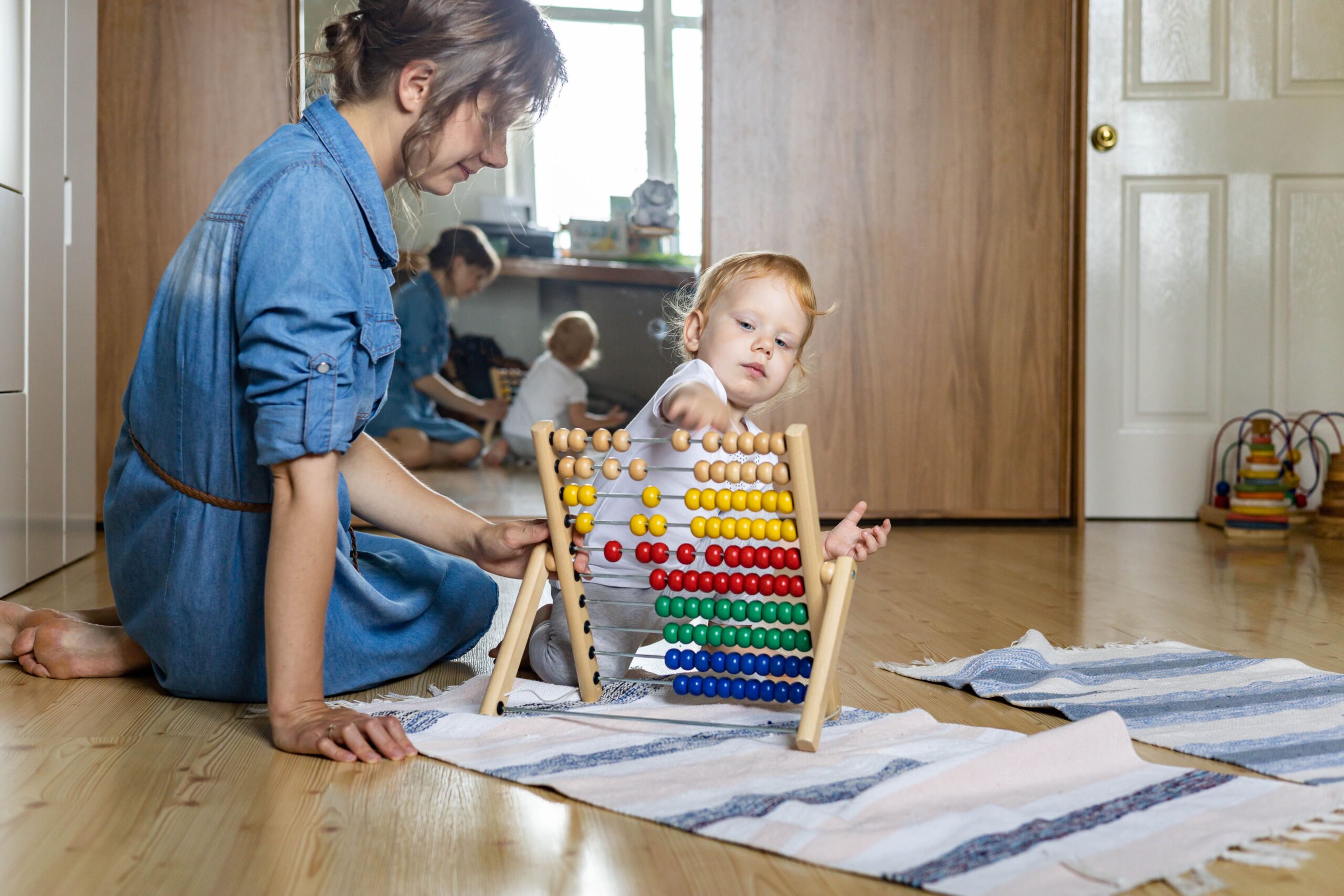Math is part of so many things we do in our daily lives, and can be found everywhere Whether we’re counting our change at the store or trying to estimate how much time it will take us to get home, we use math more than we may even realize Because we apply so many practical math concepts in our daily lives, it’s important that we help our children grasp basic math skills from an early age as well.
Here are eight helpful parenting tips for developing early math skills:
Sing counting songs together
There’s a reason why so many nursery rhymes have numbers-based themes. Singing songs that involve counting is a fun and easy way to teach young children about numbers and counting. Singing these types of songs together can help you form a strong bond with your child while introducing early math skills.
Play counting games
There are a number of different counting games that you can play with your child. From simple games (like matching numbers and quantities) to more complex ones that involve adding and subtracting, these types of games can help children hone their math skills while having fun.
Find plenty of opportunities for kids to practice counting
There are so many ways for kids to Practice their counting skills, such as counting the number of steps they take walking upstairs to the number of raisins they eat at snack time. You can also incorporate activities into their daily routine that will allow them to practice their counting skills. For example, you may give children five fruit snacks, or ask them to count the number of seeds in their grapefruit. The more practice kids have, the better they’ll be at counting.
Play sorting games
Sorting is another important math concept, and is an essential component that helps children in the areas of problem-solving and critical thinking. Playing sorting games helps children learn to identify similarities, differences, and patterns among objects around them.
Practice naming shapes together
Identifying different shapes is another basic mathematical concept that helps lay the groundwork for children in the area of geometry. In addition to practicing shape recognition through puzzles or coloring books, you can also use everyday objects to help your child learn about shapes. For example, you may point out that sometimes your child’s blanket is folded into a triangle or square. Take the time to talk about what these different shapes look like so children can start to identify them in everyday life.
Ask questions
One of the best ways to help children develop their math skills is by asking questions and encouraging them to be curious about numbers and counting. You don’t necessarily need to utilize structured activities, learning materials, or games. Sometimes just taking the time to ask thoughtful questions about numbers can help children develop positive associations with math and encourage them to ask questions on their own.
Practice addition and subtraction
Adding and subtracting are two fundamental concepts in mathematics. As your child becomes familiar with these skills, find ways to let them practice whenever possible. You don’t need to use anything fancy – just incorporate a few everyday objects to create addition and subtraction problems for your child to solve.
Invite children to help you with basic math tasks
Young children can learn some very basic math concepts, such as subtraction and even multiplication. For example, when you’re cooking, teach children how to measure ingredients and perform a few basic math operations. These activities help children see that math is used regularly in the real world, and is not just confined to a classroom setting.
Developing early math skills can be fun and easy. With a little effort and by following these simple tips, you can help your child get started on the road to success in mathematics.
At The Pillars Christian Learning Center, we utilize the Experience Early Learning™ System, which is a research-based program that nurtures the whole child in all areas, including social-emotional, physical, language, and cognitive development. The curriculum uniquely weaves 33 key skills into playful games and hands-on projects. Contact us to learn more.

